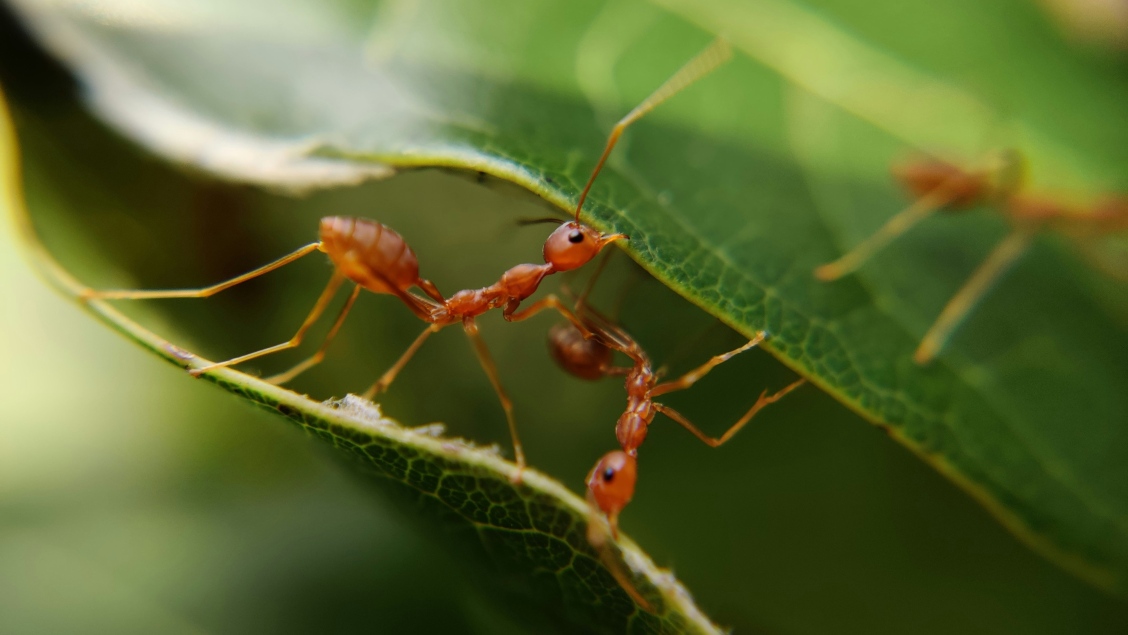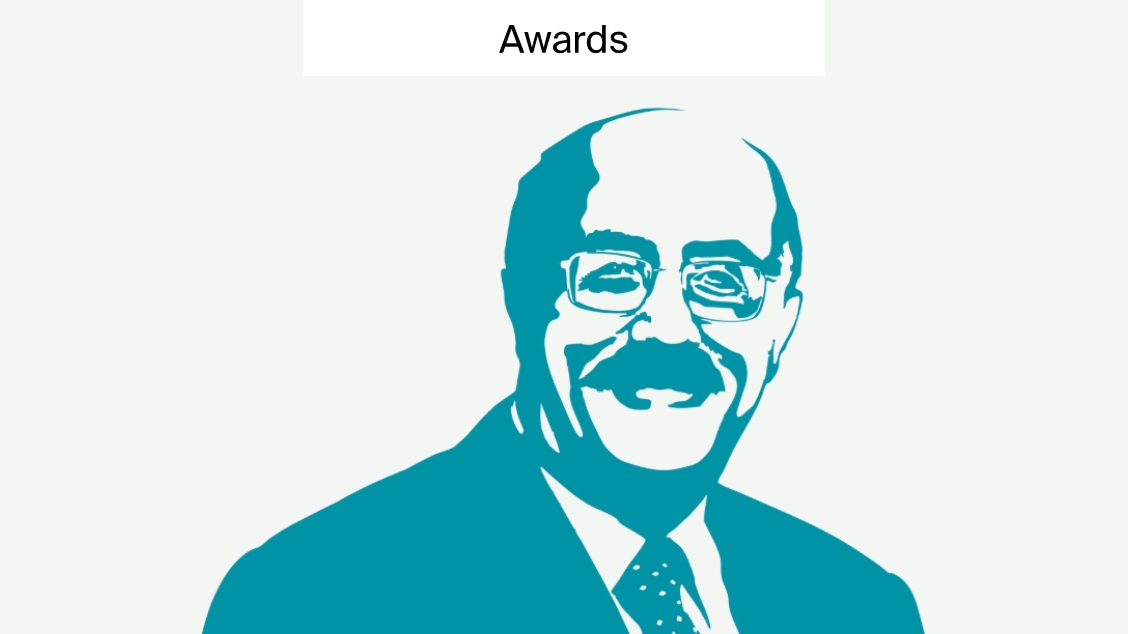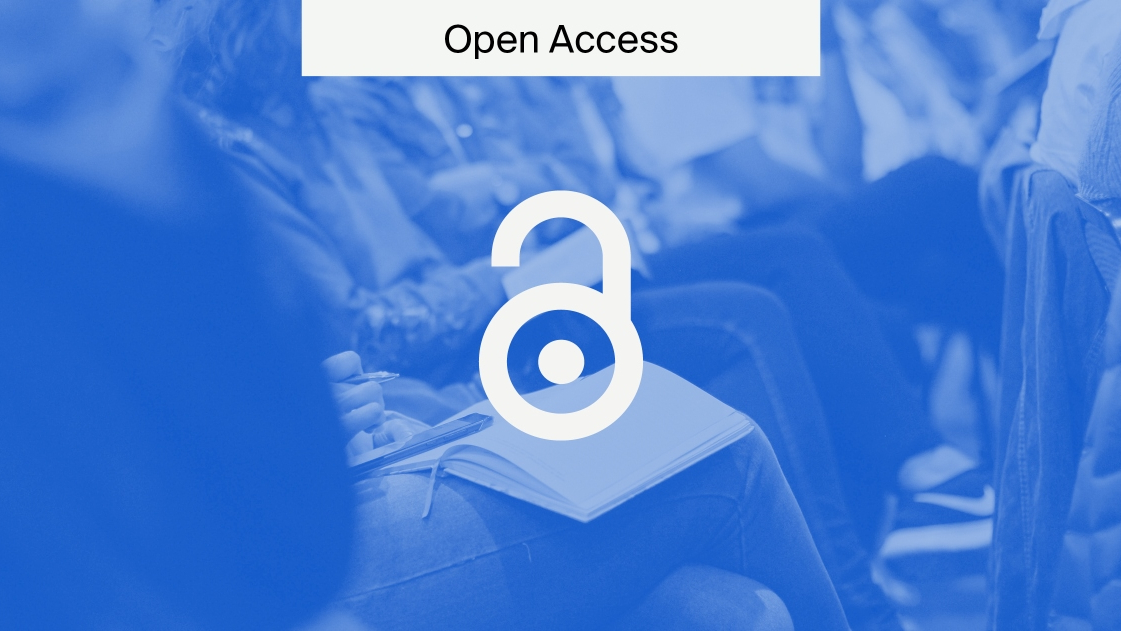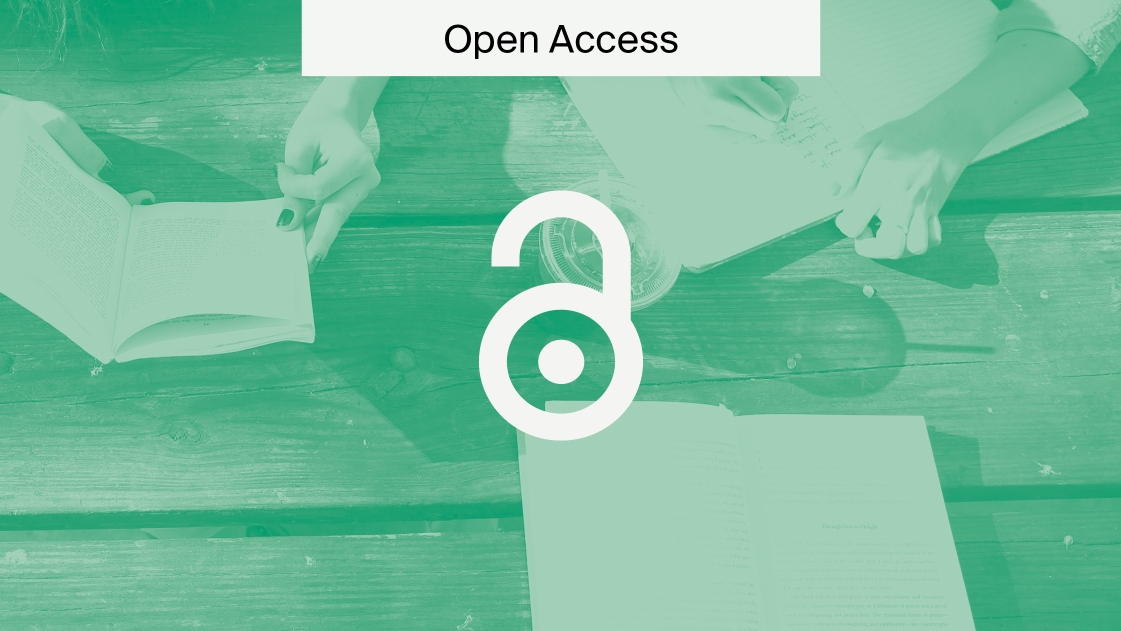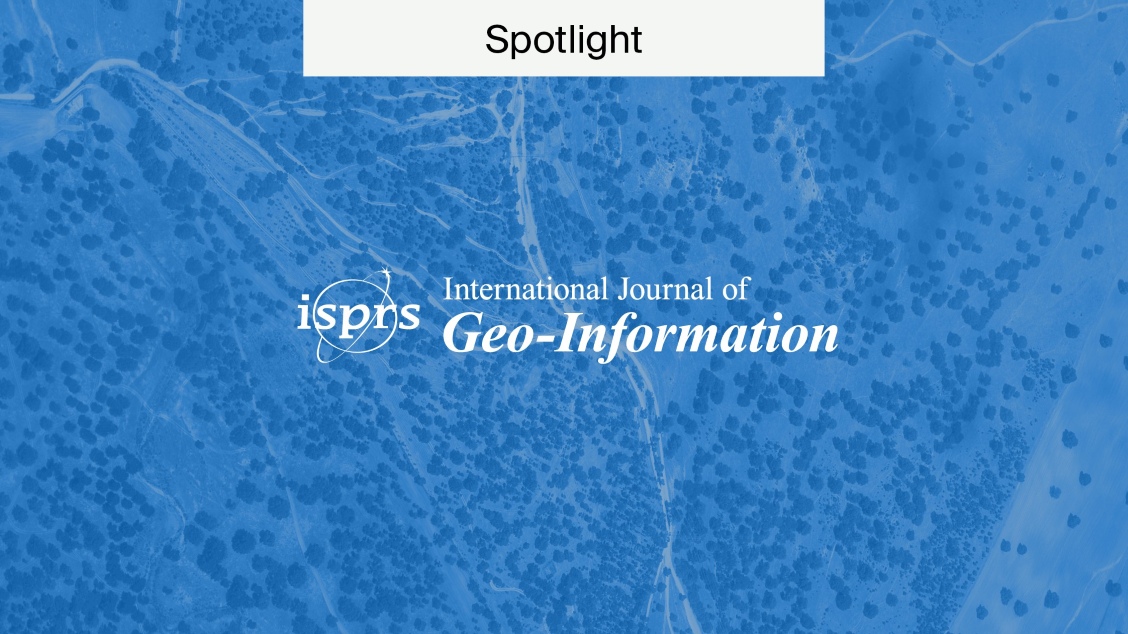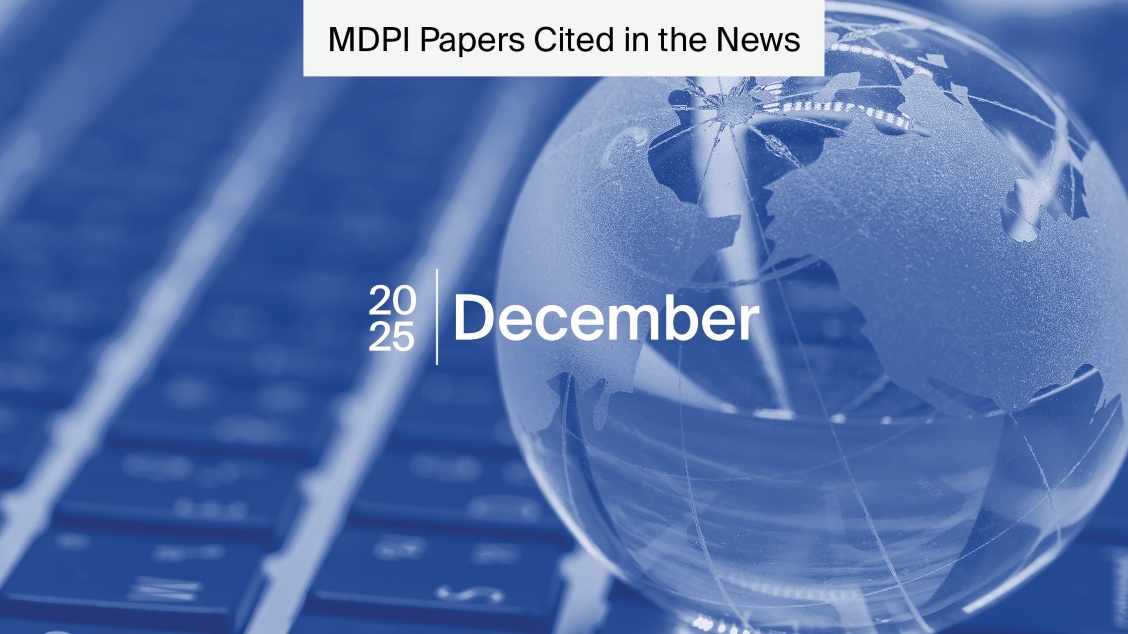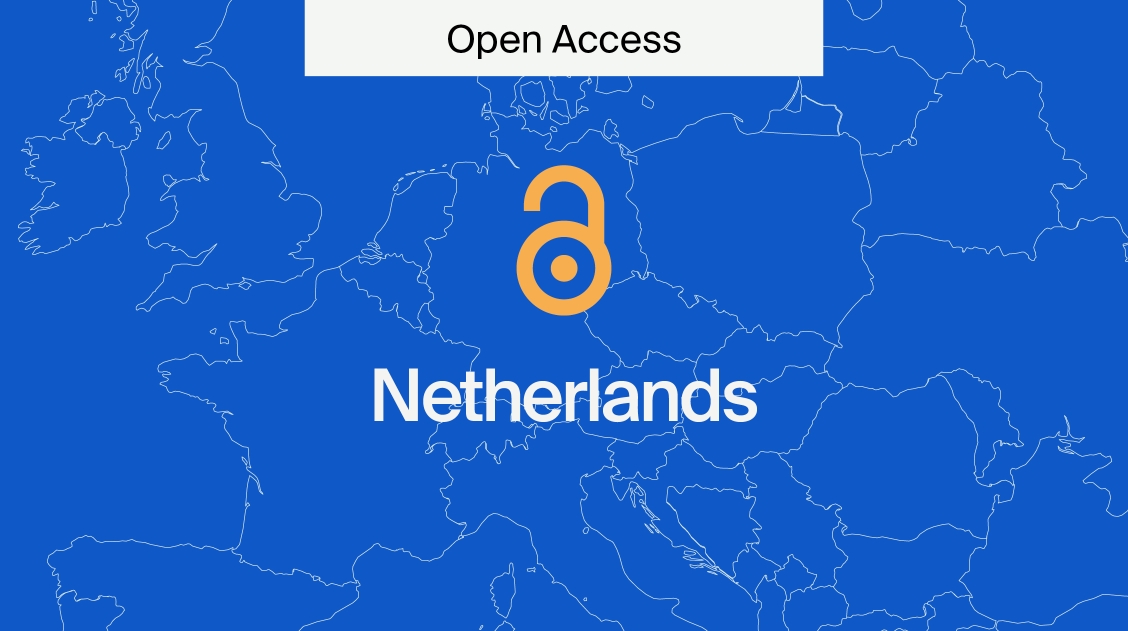
Open Access in the Netherlands
The Netherlands is advancing open science with its mission to achieve 100% Open Access. Its mission is being enabled by strong infrastructure, policy, and support, alongside international collaboration.
We outline the history of the Netherland’s mandates and current policies for those looking to submit research or read it.
Open Access is the new paradigm
Open Access refers to a publishing model for scholarly research that makes information immediately available to readers at no cost. This research is also often free to reuse for scholarly purposes.
The benefits of publishing Open Access include gaining more citations and therefore having a greater impact, reaching a wider audience, advancing scientific innovation, retaining copyrights, and increasing the potential for collaboration and recognition. Open Access can also help institutions like universities and research agencies in low- and middle-income countries by removing any price barriers to academic research.
History of Open Access in the Netherlands
The Netherlands has steadily increased the requirements for publishing work as Open Access. Here is a brief history of Open Access in the Netherlands:
- 2004: The National Academic Research and Collaboration Information System (NARCIS), an online portal for Dutch research, is launched and includes an Open Access search filter.
- 2005: The Dutch Research Council (NWO) signs the Berlin Declaration.
- 2015: The Amendment to Copyright Act provides a legal basis for authors to make their research results Open Access.
- 2015: The University Libraries and National Library (UKB) includes an OA component in contracts with major publishers.
- 2016: The NWO requires researchers to submit data management plans when applying for grants and that research data are shared in a repository, ensuring they are FAIR.
- 2017: The National Programme Open Science is signed by various stakeholders. It aims to coordinate the transition to open science as reflected by the National Plan Open Science and National Platform Open Science. Together, these aim to achieve 100% Open Access.
- 2018: The Dutch Coalition Agreement 2018–2022 considers OA and open science the norm for scientific research in the Netherlands.
- 2018: The Association of Universities (VSNU) outlines a roadmap to achieve 100% Open Access.
- 2023: openscience.nl, a national program aiming to accelerate the transition to open science, is launched.
- 2023: NARCIS is decommissioned as the Netherlands further embraces international EU infrastructure.
The Netherlands was an early adopter of OA and has since created an environment that enables scholars to pursue it, as seen in the 2015 Amendment to Copyright Act.
Furthermore, in the last 10 years, there have been a series of coordinated Open Access policies from the major institutions and funding bodies. This aligns with Plan S and is all centred around the National Programme Open Science’s aim to achieve 100% Open Access in the Netherlands.
International initiatives
The Netherlands participates in various international initiatives relating to Open Access.
Plan S
The NWO and ZonMw, two of the country’s leading funding agencies, are signatories of the international initiative cOAlition S, which is built around Plan S.
Plan S mandates “full and immediate Open Access to peer-reviewed scholarly publications from research funded by public and private grants”. This is supported by ten principles that address copyright, transparency, and criteria for openness, among other things.
Additionally, cOAlition S provides guidance for the implementation of Open Access, news about the movement, and two services for scholars, the Journal Comparison Service and the Journal Checker Tool.
Horizon Europe
Norway joined Horizon Europe in 2018.
Horizon Europe will last until 2027 and has a budget of €95.5 billion. Its aims are to facilitate collaboration and strengthen the impact of research and innovation in developing, supporting, and implementing EU policies whilst tackling global challenges.
Accordingly, Open Access is mandatory for researchers receiving funding. This is so Horizon Europe can support the “creating and better dispersing of excellent knowledge and technologies”. Its aims revolve around tackling climate change, achieving the UN’s Sustainable Development Goals, and boosting growth.
Click here to learn more about the EU’s Open Access policy.
Current Open Access laws in the Netherlands
In the Netherlands, scholars have the right to share their work in an Open Access format. The Taverne Amendment to Copyright Act in 2015 allows researchers to openly share short scientific works, like articles and book chapters, regardless of any restrictive publisher’s guidelines via an institutional repository after an embargo period, usually of 6 months. Unlike a preprint, the shared final article will have undergone peer review, typesetting, and formatting by the publisher.
A strong IT infrastructure ensures that publishing Open Access is straightforward. This is primarily led by SURF, an IT cooperative of Dutch education and research institutions. SURF has supported the development of institutional repositories, research data management, and FAIR principles.
Funding agency requirements
The Dutch Research Council (NWO) is a leading scientific funding body in the Netherlands. The NWO invests €1 billion annually in research.
The NWO aims for 100% Open Access and requires immediate Open Access upon publication. This can be achieved via publishing in an OA journal or an open repository. Further, from 2016, the NWO requires a data management plan to be submitted when applying for grants and for research data to be deposited in a trusted repository, ensuring it is FAIR.
Similarly, ZonMw, another leading funding agency, requires researchers to make all publications resulting from scientific research Open Access. This can be achieved by publishing in an OA journal registered in the Directory of Open Access Journals, directly depositing without embargo into an OA repository in the Directory of Open Access Repositories, or publishing in a hybrid journal with a transformative agreement.
National Plan Open Science
The above funding agencies are aligned with the National Plan Open Science, which was published in 2017. This aims to make all scholarly output Open Access, ensure all data are FAIR, and encourage citizen science.
The Plan’s ambitions include
- Promote Open Access to publications.
- Promote optimal use and reuse of research data.
- Adapt evaluation and reward systems to bring them into line with the objectives of open science.
- Promote and support all information regarding available research support.
The National Platform Open Science was launched to support this mission. This platform will monitor the Netherlands’ progression in realizing the above ambitions. Further, it will focus on sharing knowledge and experience and establishing links in the research community.
Openscience.nl was launched to make the Platform accessible. The Plan, participants, and progress are shared on the site, alongside initiatives, practical examples, and information on the societal impact.
University infrastructure
The Netherlands has a strong university infrastructure which is supported by two leading associations.
The Association of Universities (VSNU) is dedicated to negotiating OA deals with publishers, international collaboration, archiving, and monitoring OA.
Alongside this, the University Libraries and National Library (UKB) has ensured that all Dutch universities have a repository. UKB include an OA component in all contracts with major publishers and work as a bridge between local, national, and international developments.
Several universities in the Netherlands have a range of Open Access policies. These include
- Universiteit van Amsterdam
- TU Delft
- TU Eindhoven
- Erasmus Universiteit Rotterdam
- Rijksuniversiteit Groningen
- Universiteit Leiden
- Maastricht University
- Open Universiteit
- Radboud Universiteit
- Tilburg University
- Universiteit Twente
- Universiteit Utrecht
- Wageningen University & Research
These policies vary by university, so ensure that you visit the university website or contact them directly for information. Here are three examples:
Amsterdam University has a policy that requires OA via three routes: publish OA with a CC BY license, upload the publisher’s version through the university repository (UvA-DARE), or make the manuscript available after the publisher embargo via a repository.
TU Delft requires short works like journal articles or book chapters to be made OA immediately. If funding for OA is not available, work must be shared in the TU Delft repository.
TU Delft also have a partnership with MDPI, with features a fixed lump-sum fee covering publishing from 2024 to 2026. Click here to learn more about this partnership.
Erasmus Universiteit Rotterdam requires all scientific works not published by an OA publisher be made available via the institutional repository (RePub) 6 months after publication.
The Netherland’s Open Access statistics
The Netherlands is rapidly moving away from subscription-only to open publication of its scholarly research. Here are some statistics from Scopus:
- 2013: 55% of articles were subscription-only, 15% were green Open Access, and 15% were gold Open Access.
- 2018: 25% of articles were subscription-only, 19% were green Open Access, and 44% were gold Open Access.
- 2023: 15% of articles were subscription-only, 7% were green Open Access, and 74% were gold Open Access.
As you can see, the proportion of subscription-only articles has rapidly decreased from 2013 to 2023, whilst the proportion of gold Open Access articles has reached three-quarters of the total output. This demonstrates the success of the Netherlands policies in enabling scholars to share their research results openly.
Future trends
Research by Leiden University argued that support for open science is strong across the country, and that “over the last decade, the bottom-up support for open research practices has been accompanied by consolidated, national-level support”.
The right for scholars to share their work openly is protected by law in the 2015 Amendment to Copyright Act. Alongside this, there are strong infrastructure and support for publishing openly. Therefore, the research community has both desire and strong support for open science practices.
The NWO remains committed to promoting OA. Their 2023–2026 strategy outlines that
NWO encourages the transition to open science (open access, FAIR data, open software and citizen science). NWO will continue to take the lead by using instruments that contribute to this ambition, such as (grant) conditions, the (financial) support of open science, recognising and rewarding researchers who put open science into practice, and encouraging developments in the field.
Moreover, the National Programme Open Science also remains committed to the 100% OA aim. Alongside this, the Programme continues advocating for its three main position points: OA, FAIR data, and citizen science.
Open Science 2030 is an ambition document that extends on the National Programme’s mission. It argues that
By 2030, scientific knowledge will be freely available, accessible, and reusable for everyone. Open Science in the Netherlands will be embedded as a standard practice across all scientific disciplines from basic to applied sciences, in the natural, medical, social sciences and the humanities.
Overall, the Netherlands remains dedicated to advancing Open Access and ensuring its research is freely available to anyone, anywhere. The country will continue to support scholars publishing openly and further align with EU policies as they update.
Value of Open Access
All articles published by MDPI are made immediately available worldwide under an Open Access license. This means:
- Everyone has free and unlimited access to the full text of all articles published in MDPI journals;
- Everyone is free to re-use the published material if proper accreditation/citation of the original publication is given;
- Open Access publication is supported by the authors’ institutes or research funding agencies by payment of a comparatively low Article Processing Charge (APC) for accepted articles.
Researchers can satisfy the Netherlands’ developing Open Access policy and pre-empt any stricter legislation by publishing with an MDPI journal. Alternatively, if you want to publish an early version of your article, try Preprints, our service for publishing early versions of research that are not peer-reviewed and report on either ongoing or complete research.
Open Access makes vital information accessible to all readers and researchers and brings together scholars from across the world. Thus, it is ideal for tackling global challenges that require urgent and coordinated attention.
The Netherlands has a strong, comprehensive Open Access infrastructure and policy. Click here if you would also like to learn more about Open Access around the world.



